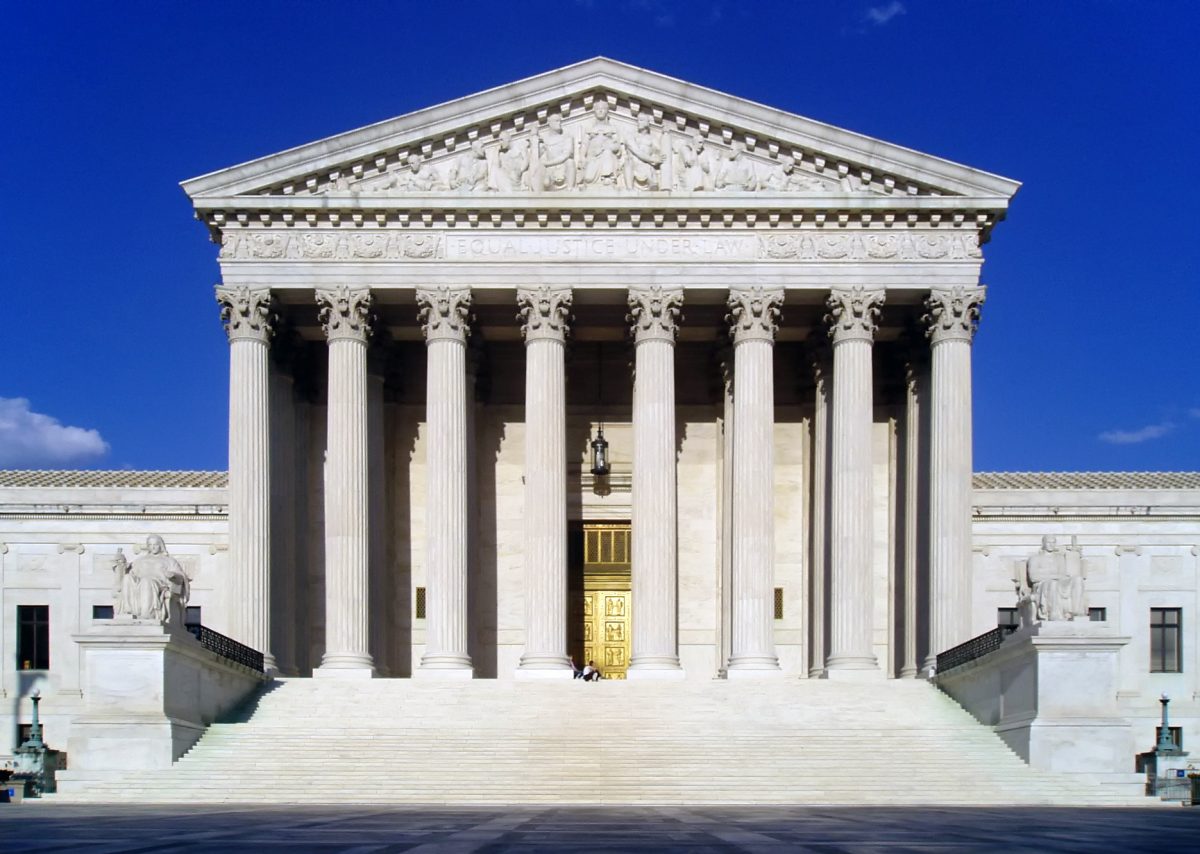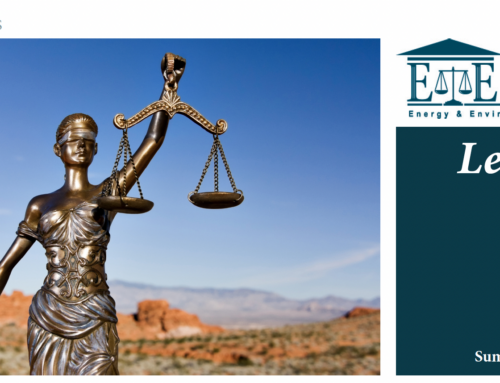On October 9th, The Energy & Environment Legal Institute (E&E Legal) filed a Petition for Certiorari with the United States Supreme Court regarding the suit E&E Legal brought against the State of Colorado concerning the constitutionality of its Renewable Energy Standards (RES). E&E Legal has now asked the U.S. Supreme Court to review this case and explain once and for all when and why extraterritorial regulation is unconstitutional The case is titled Energy & Environment Legal Institute, et al. v. Joshua Epel.
In April, 2011, E&E Legal sued the State of Colorado due to the unconstitutionality of the state’s renewable energy standard. As the case was working its way through the 10th Circuit, the Colorado legislature rushed to amend the law in an attempt to fix the most blatant unconstitutional provisions. They did not, however, cure all the problems.
Dr. David W. Schnare, lead attorney and E&E Legal’s General Counsel, noted at the time the Colorado legislature attempted to correct the RES, “This bill appears to remove some but not all of the unconstitutional elements of the statute. However, it also mandates new unconstitutional requirements by increasing the renewables standard to levels that, that like the current statute, cannot be justified when balanced against the harm they cause to interstate commerce.”
Specifically, the Legislature kept the sections that authorized Colorado to tell electric generating companies what means they had to use to sell “renewable” energy into Colorado, including companies that operated in other states and in some cases where the electricity they made did not and could not even reach Colorado. This is known as “extraterritorial regulation” and is prohibited under the Constitution.
Colorado is not alone in its efforts to tell other states how to regulate. California has the hubris to tell egg producers in Iowa what size chicken pens have to be. They have also told Canada how to make goose liver. Indeed, there is a growing effort for states to try to export their regulations onto other states.
As Schnare explained, “A state may not project its legislation into other states and may not control conduct beyond the boundaries of the State.”
While this is the apparent law of the land, the U.S. Court of Appeals for the Tenth Circuit has attempted to restrict this law only to state statutes that control prices or require out-of-state businesses to affirm what their prices will be.
Added Schnare, “There’s a split in the Circuit Courts of Appeal. Some, like the 9th and 10th circuits, apply the law narrowly. Others, like the 2nd, 4th, 6th and 7th don’t restrict the law only to price control cases.”
The major mistake the 10th circuit made was to presume the extraterritorial regulation issue is one rising exclusively out of the Commerce Clause. It is not. The fundamental structure of the Constitution as well as the Full Faith and Credit, the Due process and the Commerce clauses all play a part in prohibiting extraterritorial regulation. E&E Legal is asking the Supreme Court to take this case to clarify this fundamental aspect of our union of states.
E&E Legal has been informed that it can expect several organizations to file amicus briefs in their support.
Colorado’s renewable RES is extremely vulnerable to legal challenge. In 2001 the National Association of Utility Regulatory Commissioners produced a report that stated, “Some states have limited renewable resource eligibility to production from generation facilities located within the state. Absent a significant change in Supreme Court application of the Commerce Clause of the U.S. Constitution, the restriction to instate generation will, if challenged, be found unconstitutional… The exclusion of out-of-state generation is sufficiently similar to court precedents to expect invalidation…”
When the suit was brought in Colorado, its legislature took up a bill that sought – unsuccessfully – to alter their original RES to address some of the constitutional concerns raised by E&E Legal suit. This attempted “fix” is a clear admission by the state that their RES is unconstitutional, and they are telling all states that have similar statutes that they are vulnerable to legal challenge, and will have to change their laws to remove preferences for in-state producers.
If the Supreme Court finds in favor of E&E Legal, this will have a tremendous impact on the other 29 states with similar RES laws. States will then be required to reopen their RES policies, and provide an opportunity to rewrite the law in a way that make sound environmental, economic, and energy sense. Ultimately, prevailing in this case will force states to convert their laws into voluntary programs and otherwise force consideration of renewable energy mandates be taken up only by the Federal legislature.
The renewable energy standards are part of a larger war on fossil fuels, putting the interests of the natural gas industry at the center of this litigation. E&E Legal is taking this action because the facts show that reliance on fossil fuels not only offers the lowest cost, highest quality power, but actually produces less air pollution because when wind is on the grid, coal and natural gas plants must operate in an inefficient way causing them to generate more emissions than otherwise.






